Royal Navalese zanurza się w serce tradycji Royal Navy dzięki tej urzekającej książce w twardej oprawie, skrupulatnie opracowanej przez dowódcę RN Johna Irvinga, wybitną postać z początku XX wieku i ojca uznanego historyka Davida Irvinga. Książka ta oferuje wyjątkowy wgląd w życie marynarki wojennej, odkrywając tajny język – zwany „navalese” – używanym przez marynarzy Królewskiej Marynarki Wojennej aż do schyłku Imperium Brytyjskiego po 1945 roku.
W połączeniu z kapryśnymi ilustracjami Beryl Irving książka „Matka Davida Irvinga” stanowi zarówno historyczny artefakt, jak i żywą lekturę. Książka ożywia koleżeństwo, trudy i charakterystyczny humor, który charakteryzował życie na morzu. Każdy termin i wyrażenie jest przedstawione przejrzyście, często towarzyszą mu zabawne anegdoty, które oddają istotę kultury morskiej.
To wydanie, opublikowane po raz pierwszy w 1946 r. i ponownie opublikowane w 2020 r. przez Focal Point Publications w Londynie, pozwala czytelnikom poznać niuanse slangu marynarki wojennej, który ewoluował na przestrzeni wieków, oferując wgląd w język i życie Royal Navy w kluczowej epoce.
Niezależnie od tego, czy jesteś entuzjastą marynarki wojennej, miłośnikiem lingwistyki, czy po prostu ciekawi Cię unikalny leksykon jednej z najbardziej znanych sił morskich na świecie, „Royal Navalese: A Glossary of Fo'csle Language” zapewnia wzbogacającą podróż po słowach i wyrażeniach które ukształtowały tożsamość Royal Navy.
Data publikacji:Pierwotnie opublikowano w 1926 r. (ponownie wydano w 2024 r.)
Strony: 175


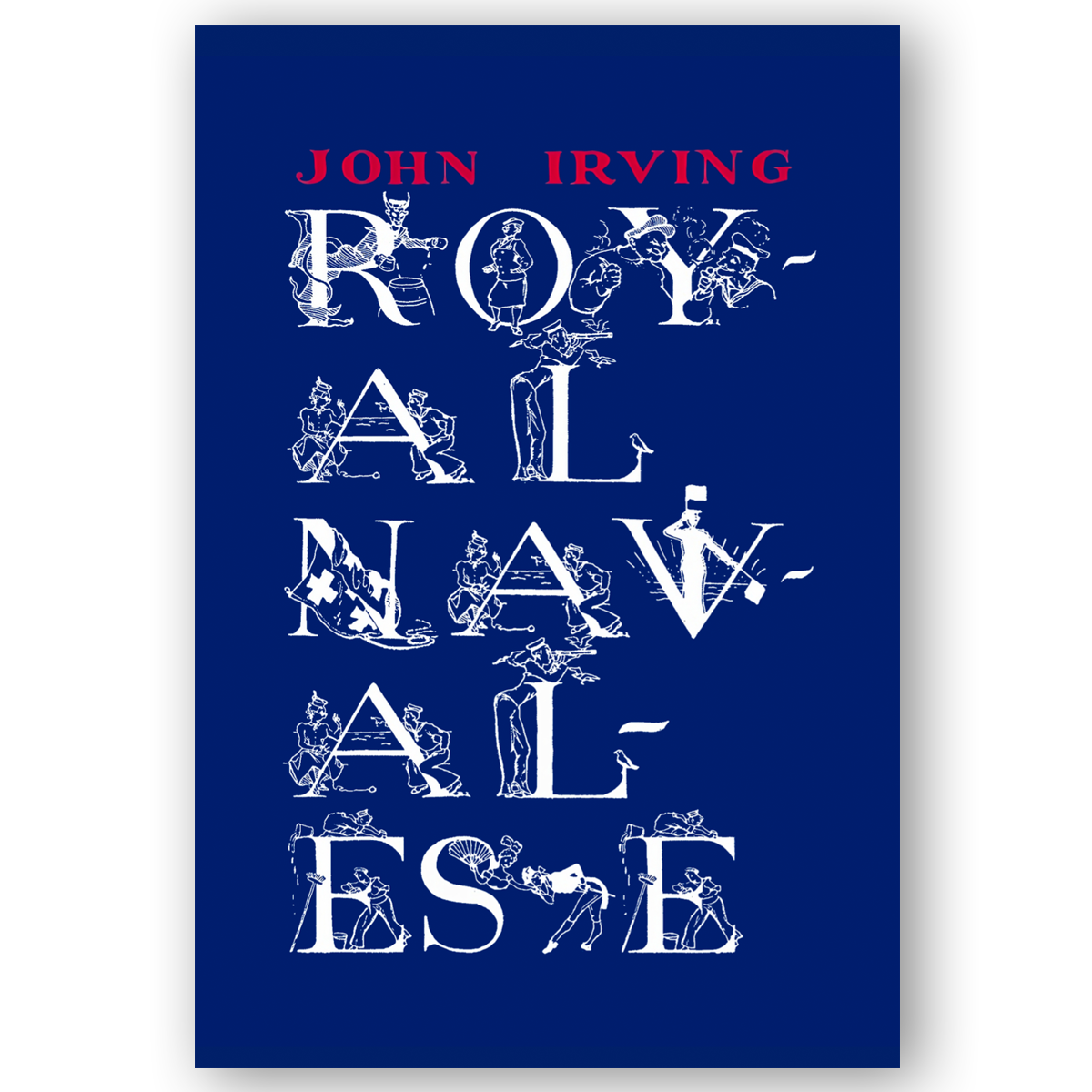

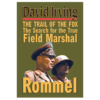
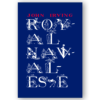
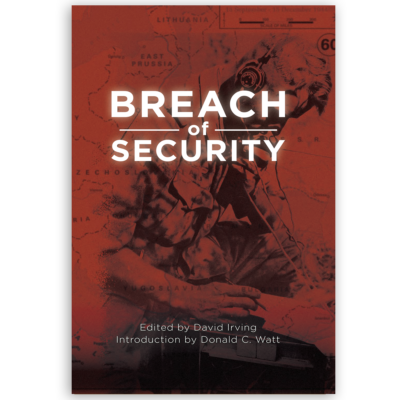



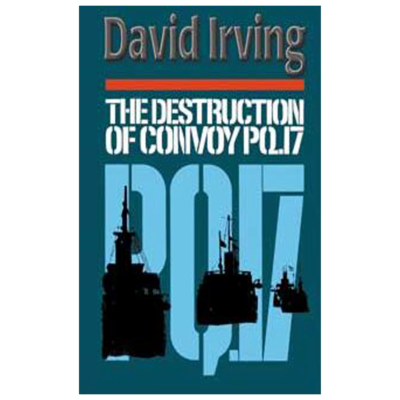
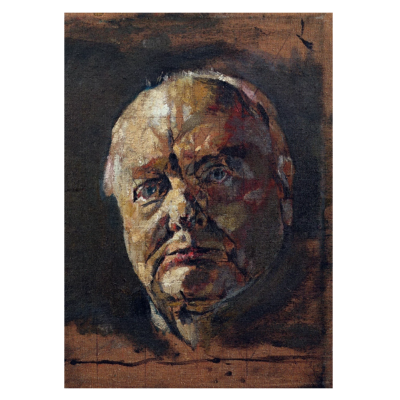



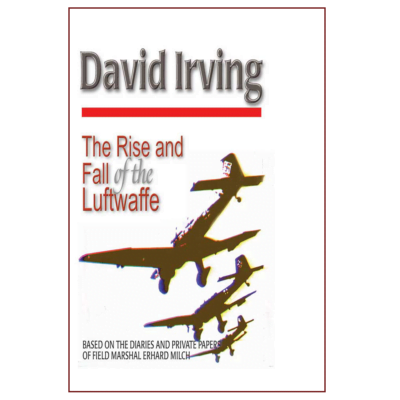
[email protected] –
Dowódca Royal Navy John Irving napisał ten słownik brytyjskich „marynarzy” – słów i wyrażeń ze swojej służby, aby stworzyć pamiątkę dla tych, którzy służyli, i jako sposób, aby być może zachęcić tych, którzy „mają jeszcze przywilej członkostwa w naszej grupie braci”. Opublikowany w 1946 roku, Irving uchwycił język swojej trzydziestojednoletniej (1914-1945) kariery w marynarce wojennej i kulturze, która czyni ten zawód wyjątkowym samym w sobie. Nie jest to słownik formalnych akronimów wojskowych do korespondencji i używania w oficjalnych dokumentach (chociaż w tej książce jest kilka z tych akronimów), jest to długotrwały slang marynarzy marynarki wojennej, a w niektórych przypadkach innych służb. Prezentacja każdego wpisu przez Irvinga jest prosta, bez ostentacji, a wiele z jego definicji ma nawet humorystyczny charakter. Przynajmniej mnie tak było, być może dlatego, że istnieje cienka granica między wyrafinowaną brytyjską powagą i humorem a tym, jak wyobrażałem sobie autora jako archetyp zawodowego oficera i brytyjskiego dżentelmena. Przeczytanie wszystkich z nich można zrobić w ciągu godziny, a przeglądanie ich jest zabawne. Będąc żołnierzem armii USA przez 25 lat, byłem zaskoczony, widząc, że pewien procent słów i zwrotów to powszechny slang również w mojej służbie. Zdałem sobie sprawę, że wspólny mianownik języka musi mieć setki lat. Polecam to każdemu, kto chce zapoznać się ze słowami i wyrażeniami Royal Navy i jej kulturą. Świetne źródło również dla cywilów, którzy mogą pracować dla służby, i dla historyków, którzy muszą się edukować na temat tego, co oznaczają specjalistyczne terminy i jak słowa są używane w tej kulturze. Egzemplarz, który posiadam, to wydruk z 2020 roku z Focal Point i jest osobiście podpisany przez syna dowódcy, Davida Irvinga, znanego historyka II wojny światowej. Focal Point wypuszcza produkt wysokiej jakości. Ostry pod każdym względem.